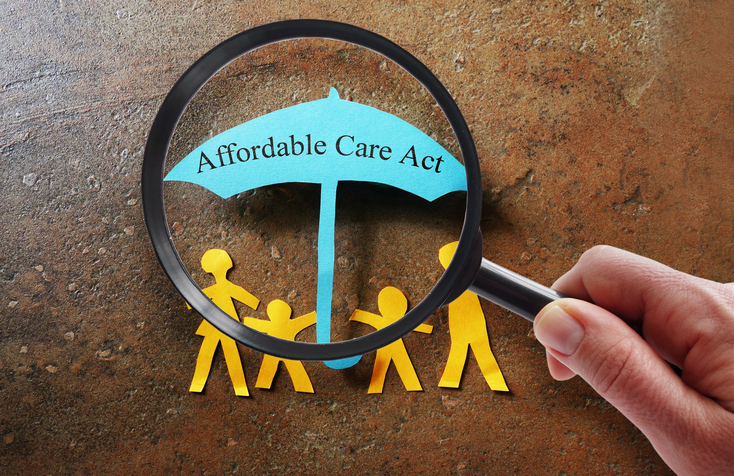Inovio Pharmaceuticals (NYSE AMEX: INO) has teamed up with affiliate VGX International to finance clinical development of the Blue Bell, Pennsylvania-based drug developer’s therapeutic vaccines for hepatitis B and C infections.
Under the terms of the deal, VGX will receive marketing rights for the vaccines in Asia, but Inovio will hold onto the lucrative Japanese market. In return, VGX has agreed to fully fund IND-enabling and initial phase I and II clinical studies.
About 470 million people are infected with Hepatitis B and C worldwide.

With the Rise of AI, What IP Disputes in Healthcare Are Likely to Emerge?
Munck Wilson Mandala Partner Greg Howison shared his perspective on some of the legal ramifications around AI, IP, connected devices and the data they generate, in response to emailed questions.
Inovio will receive payments based on reaching clinical milestones and royalties based on sales in the licensed territories and retains all commercial rights in all other territories.
The first product to enter clinical testing will be a synthetic multi-antigen hepatitis C virus (HCV) vaccine covering genotypes 1a and 1b and targeting the antigens NS3/4A. IND-enabling toxicology tests will be conducted in the first half of 2012, with the intent to initiate a phase I clinical study late next year. The target population for the vaccine clinical trials will be individuals infected with HCV.
Dr. J. Joseph Kim, Inovio president and CEO, said the initiative is “an integral part” of a multipronged approach to develop its therapeutic hepatitis vaccine pipeline.
The study was funded in part by a $2.8 million PA CURE grant received by Inovio and its collaborators in 2010 to develop this multi-antigen synthetic HCV vaccine.
Inovio merged with VGX in 2009, putting the company on a firmer financial footing and positioning it to expand its DNA vaccine program for cancer and infectious diseases. In September of last year it received a $3.1 million grant from the National Institutes of Health with the University of Pennsylvania to fund the development of its DNA vaccine for influenza.














